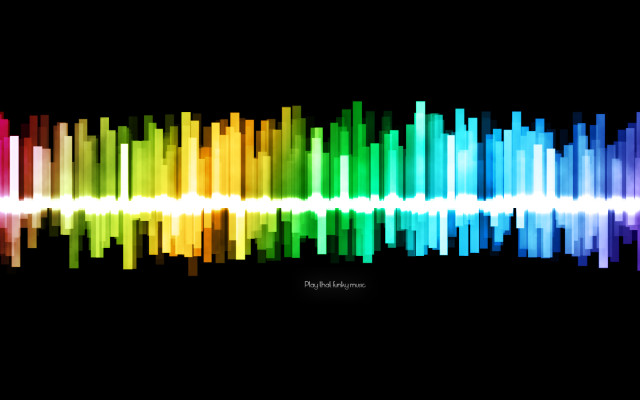By Avantika Seth
 A good song can trigger a cascade of secondary responses which are usually involuntary! Propensity to move in time with music, not so much dancing but simple motions like tapping one’s foot. This all is caused by stimulation of neurons in the motor cortex! Songs and pieces of music can serve as powerful triggers of memories. You’re more inclined to a particular type of music if it has some positive associations for you.
A good song can trigger a cascade of secondary responses which are usually involuntary! Propensity to move in time with music, not so much dancing but simple motions like tapping one’s foot. This all is caused by stimulation of neurons in the motor cortex! Songs and pieces of music can serve as powerful triggers of memories. You’re more inclined to a particular type of music if it has some positive associations for you.
Watching the rain drops as they slide down the window pane, sitting on a comfortable couch with some hot chocolate and hearing some soft music seems to be the traits of a pleasant evening. While the rain drops catch your attention, the music captures your mind! Isn’t it? There’s something about music that intrigues everybody. It just seems to set the moods different and some rest to the ever working brain. While we think that the brain is at rest when we listen to music here’s a revelation of the fact that it still works rigorously comprehending the music.
There is something beautiful about every melody that is unknown to many of us. The way you tap your feet with the music is not just a sign of you enjoying the song rather it’s descriptive of the fact that it has a much deeper effect on your brain than you realise. From the perspective of neuroscience, listening to music is one of the most complex tasks one can do. It involves simultaneous functioning of many parts of a brain to comprehend even a simplest tune.
So what is it that music does to our mind?
Listening to even very simple form of music involves a bunch of distinct neurological processes. If we talk of the mechanical aspects of listening, auditory cortex is really important part. It is a part of the temporal lobe and is thus helpful in assessing the pitch and volume of sound. Unusual rhythm brings cerebellum and cerebral cortex in use. Music brings three out of four lobes into use while leaving behind the visual processing lobe.
Sometimes, due to simulations of motor cortex, music can lead to deeper effects that involve involuntary responses. Research indicates that music can also enable a person to form imagery to match the changes and progression in the music. It tends to be so meaningful to most of us because it has the power to get us back to the memories and the situations that are most remembered by us.
 Music is extraordinarily complex when it enters the brain. The pitch has to be much more stable than the frequencies we normally hear or else it would just be similar to a chaotic noise. Factors such as how much a person knows about music, if he himself plays an instrument, if the music has lyrics or if it’s a live performance etc. can dramatically change the neuron response to a particular piece.
Music is extraordinarily complex when it enters the brain. The pitch has to be much more stable than the frequencies we normally hear or else it would just be similar to a chaotic noise. Factors such as how much a person knows about music, if he himself plays an instrument, if the music has lyrics or if it’s a live performance etc. can dramatically change the neuron response to a particular piece.
Brain imaging studies have shown that happy music stimulates the production of a chemical Dopamine, the same which is produced by eating food or having drugs. Researchers at Brigham Young University have found out that infants as young as five months get to know when a happy tune is playing and by nine moths they can comprehend sad tones. Happy music can cause us to breathe faster and slow music can slow down our pulse and also cause blood pressure to rise.
Thus a perfect evening can be concluded only if the right music matches the right mood. Music helps us get going. It has a deeper effect on us, much beyond what we think it does.
The power of rhythm is strong enough to stir our emotions and keep our mind engrossed. People have different tastes of music and that’s because each type hits us differently. Our relationship with it is so powerful and multi-faceted that it’s able to change us in ways both obvious and so subtle that we can barely comprehend what’s going on.

































